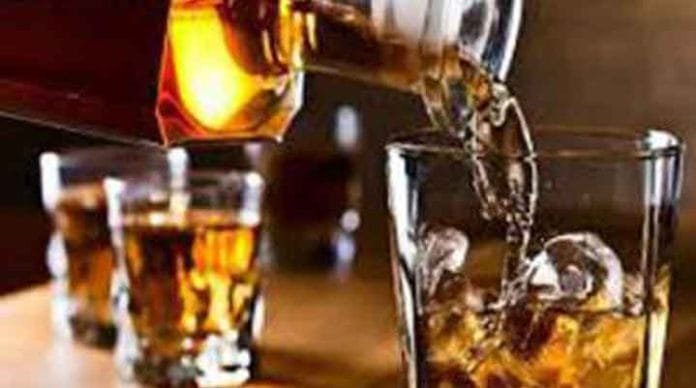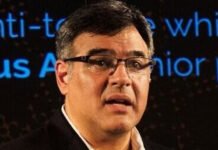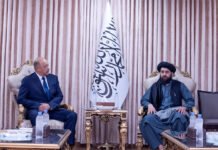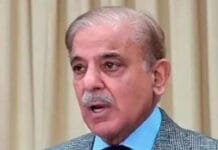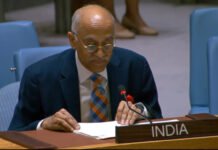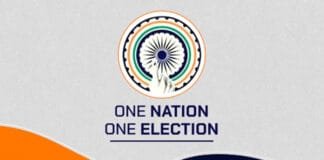INVC NEWS New Delhi — The stark contrast between India’s booming alcohol market and Pakistan’s tightly regulated system reveals more than just price differences—it’s a reflection of divergent cultural, religious, and political landscapes. While liquor flows freely through India’s metro cities and tier-2 towns alike, acquiring a bottle in Pakistan is anything but simple. Amidst strict Islamic laws and a thriving black market, luxury brands like Johnnie Walker Black Label carry not just a hefty price tag, but a veil of secrecy.
Two Nations, One Drink—Worlds Apart in Regulation
India embraces alcohol as a significant part of social culture and economic contribution, with over 160 million drinkers fueling a thriving beverage industry. In sharp contrast, Pakistan upholds a near-total ban on alcohol for its Muslim majority population, an extension of General Zia-ul-Haq’s strict Islamic policies from the late 1970s.
Muslims, who make up the overwhelming majority, are legally forbidden from buying or consuming alcohol. Even foreign travelers are restricted from purchasing liquor at duty-free airport outlets. Only non-Muslims are granted limited access, and even then, only through government-licensed vendors in provinces like Sindh.
Price Tags in Rupees: Legal Rarity Meets Black Market Premium
With such strict regulations in place, alcohol in Pakistan is both rare and expensive. Branded international liquors are seen as status symbols, often procured through unofficial channels at inflated rates. Let’s break down the approximate prices of popular labels available through the black market and legal outlets where permissible:
| Brand | Price (PKR) |
|---|---|
| Johnnie Walker Black Label | 24,811 PKR |
| Macallan | 3,077,817 PKR (Yes, in millions) |
| Blue Label | 35,000–50,000 PKR |
| Chivas Regal | 55,134 PKR |
| 8 PM (Budget Brand) | 3,000 PKR |
These prices convert to significantly higher values when compared to Indian market rates, where taxes are high, but availability is unrestricted. The price hike in Pakistan is largely attributed to limited supply, black market inflation, and smuggling costs.
Behind Closed Doors: The Black Market Boom
Legal availability is minuscule, but demand remains steady, especially among elite circles, foreign diplomats, and minority communities. As a result, an underground liquor network thrives. Reports suggest that premium brands like Johnnie Walker, Blue Label, and Chivas Regal are smuggled in bulk from Dubai and other foreign ports, often disguised in cargo or concealed with diplomatic tags.
Buyers often turn to private dealers or fixers, with prices depending on region, brand, and urgency. For example, during the lockdown period, reports noted people paying as much as INR 6,355 (approx. 21,000 PKR) for basic whiskey—a testament to demand exceeding supply.
Cultural Stigma, Social Secrecy
The consumption of alcohol in Pakistan is not just a legal issue; it is also a social taboo. Even among non-Muslims, many avoid public display or conversation around drinking due to fear of religious backlash or police scrutiny. Meanwhile, in India, alcohol is part of weddings, celebrations, and even high-end gifting culture.
Pakistan’s alcohol consumption is wrapped in privacy and silence, often enjoyed behind heavy curtains or in secure compounds, away from public gaze. The fear of legal action and social shaming keeps drinkers in hiding, making liquor a forbidden luxury.
A Sip of Status: Imported Liquor as a Symbol of Power
Among the Pakistani elite, owning a bottle of Johnnie Walker or Macallan isn’t just about taste—it’s about displaying wealth and influence. These brands are treated like trophies, flaunted only among trusted circles. The rarity and cost add to the allure, making each bottle a talking point.
In contrast, an average middle-class Indian can walk into a local wine shop and pick up the same bottle—often for a fraction of the price—highlighting the wide divide in access and attitude between the two nations.
Legal or Not, the Demand Persists
Despite the bans, demand for liquor in Pakistan hasn’t diminished. On the contrary, it’s created a market where prices are dictated by scarcity, not brand value. Ironically, the restrictions have only increased alcohol’s desirability among certain groups.
The government’s efforts to control the flow remain ongoing, but with every crackdown, the black market finds new ways to adapt, keeping brands like Johnnie Walker, Chivas, and Blue Label circulating behind the scenes.

